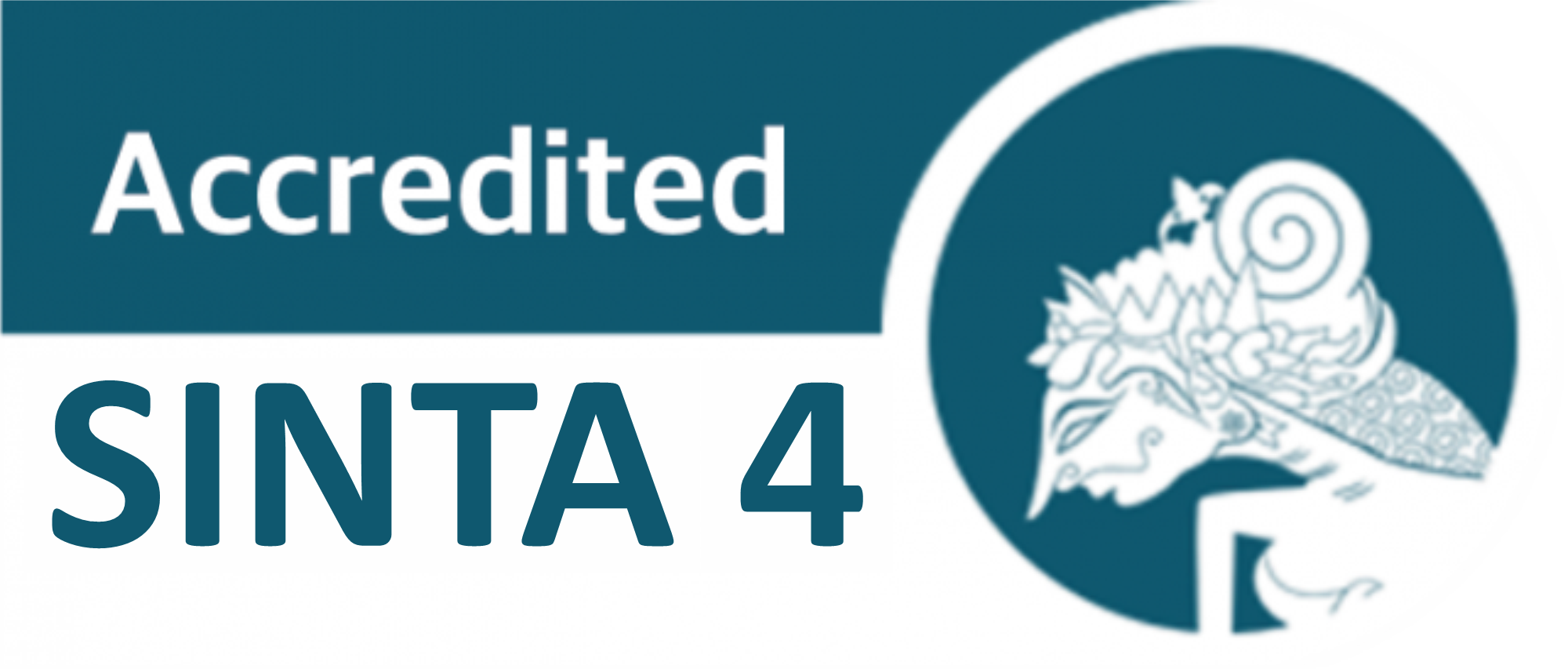Publication Ethic
Duties and Responsibilities of the Journal Manager
1 Determine the name of the journal, scientific scope, periodicity, and accreditation if necessary;
2 Determine the membership of the editorial board;
3 Define the relationship between publishers, editors, reviewers, and other parties in a contract;
4 Respecting the confidentiality of contributing researchers, authors, editors, and reviewers;
5 Applying norms and provisions regarding intellectual property rights, especially copyright;
6 Review journal policies and communicate them to authors, the editorial board, reviewers, and readers;
7 Establishing code of conduct guidelines for editors and reviewers;
8 Publish the journal regularly;
9 Ensure the availability of funding sources for the sustainability of journal publishing;
10 Building cooperation and marketing networks; and
11 Prepare licenses and other legal aspects.
Duties and Responsibilities of the Journal Editor
1 Bringing together the needs of readers and writers;
2 Strive for continuous improvement of publication quality;
3 Implement a process to ensure the quality of published papers;
4 Promoting freedom of opinion objectively;
5 Maintaining the integrity of the author's academic track record;
6 Submitting corrections, clarifications, retractions, and apologies when necessary;
7 Responsible for the style and format of the paper, while the content and all statements in the paper are the responsibility of the author;
8 Actively solicit the opinions of authors, readers, referees, and members of the editorial board to improve the quality of the publication;
9 Encourage the assessment of the journal when findings are made;
10 Support initiatives to reduce research and publication misconduct by requiring authors to submit ethical clearance forms that have been approved by the Ethical Clearance Committee;
11 Support initiatives to educate researchers on publication ethics;
12 Assessing the effect of publication policies on the attitudes of authors and reviewers and improving them to increase responsibility and minimize errors;
13 Having an open mind to new opinions or views of others that may conflict with personal opinions;
14 Not to defend one's own, the author's, or a third party's opinion that may lead to a non-objective decision; and
15 Encourage the author to improve the paper so that it is fit for publication.
Duties and Responsibilities of Peer-Reviewers
1 Receive an assignment from the editor to review the paper and submit the review to the editor as material for determining the eligibility of a paper for publication;
2 Not reviewing papers in which he/she is involved, either directly or indirectly;
3 Maintaining the author's confidentiality by not disseminating the results of corrections, suggestions, and recommendations on the manuscript he/she reviews;
4 Encouraging the author to improve the manuscript;
5 Reviewing the corrected papers in accordance with the predetermined standards; and
6 Reviewing the manuscript in a timely manner in accordance with the journal's style and based on scientific principles (data collection methods, author's legality, conclusion drawing, etc.).
Duties and Responsibilities of Authors
1 Ensure that those included in the list of authors meet the criteria as authors;
2 Be collectively responsible for the work and content of the manuscript/article including methods, analysis, calculations, and details;
3 State the origin of resources (including funding), either directly or indirectly;
4 Explaining the limitations of the research;
5 Responding to comments made by the reviewers in a professional and timely manner;
6 Informing the editor if they will withdraw the paper; and
7 Make a statement that the paper submitted for publication is original, has never been published anywhere in any language, and is not in the process of submission to another publisher.









